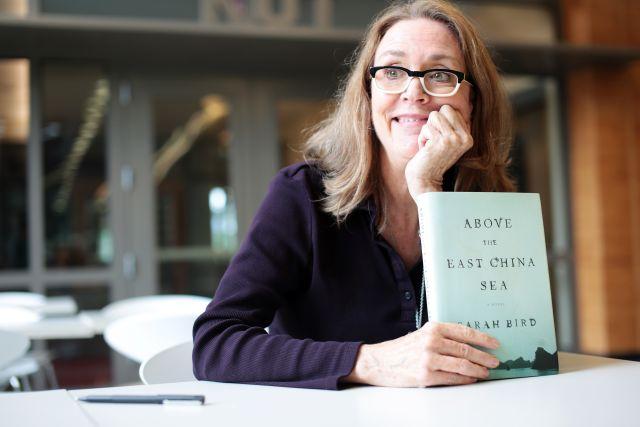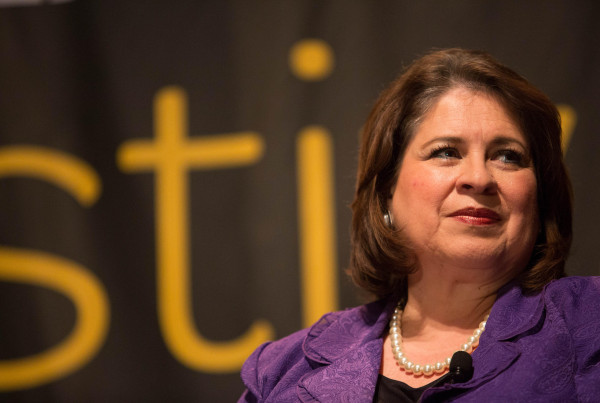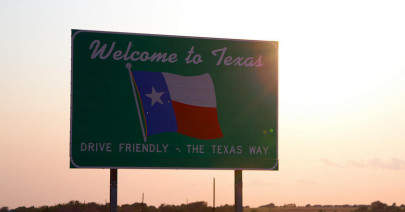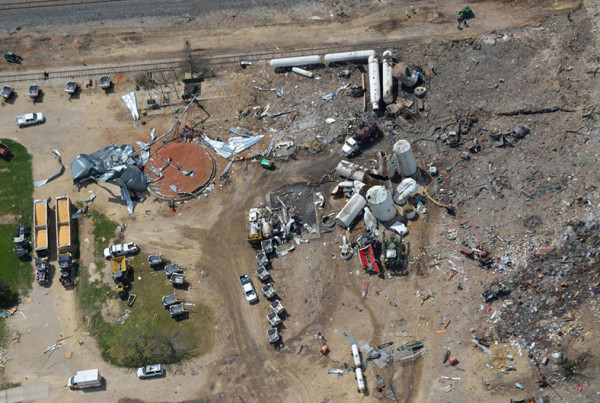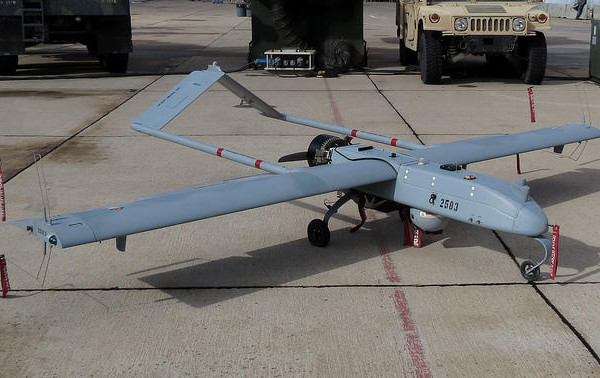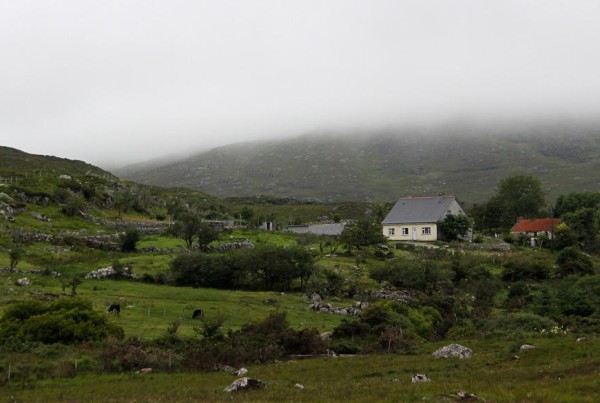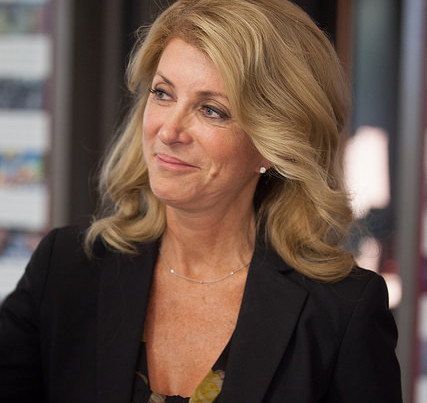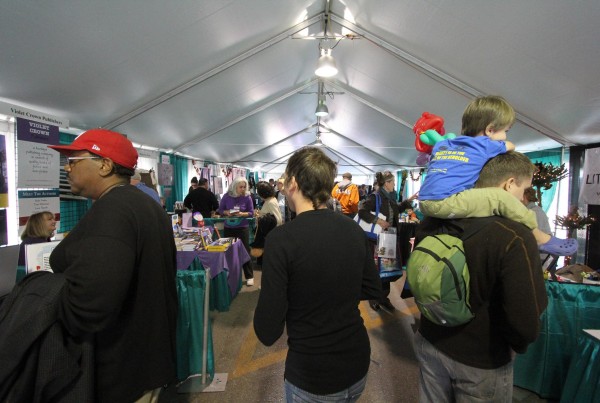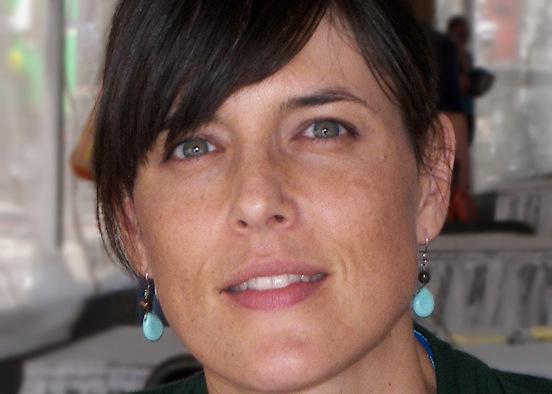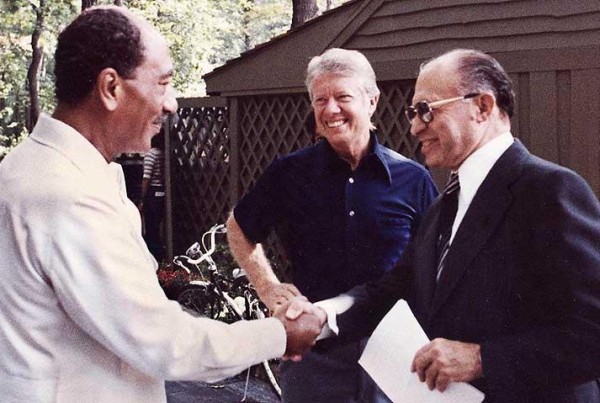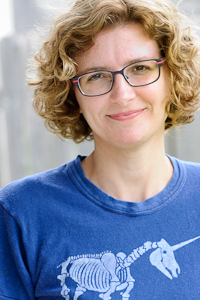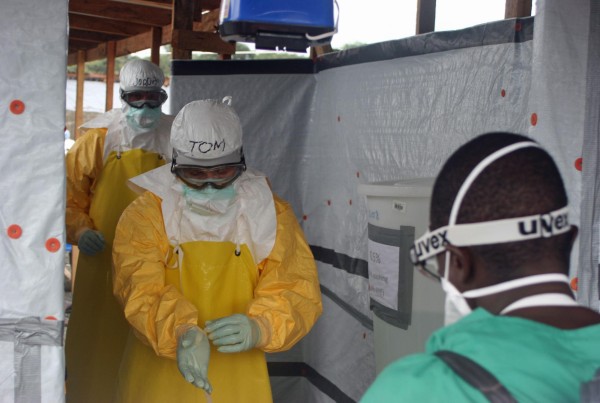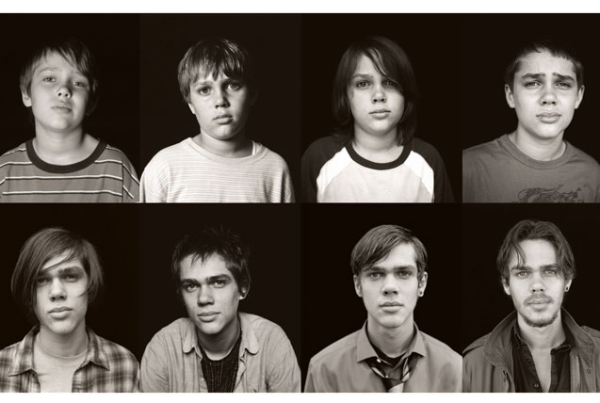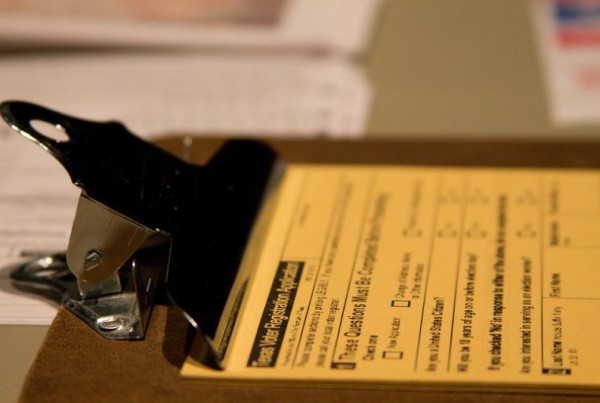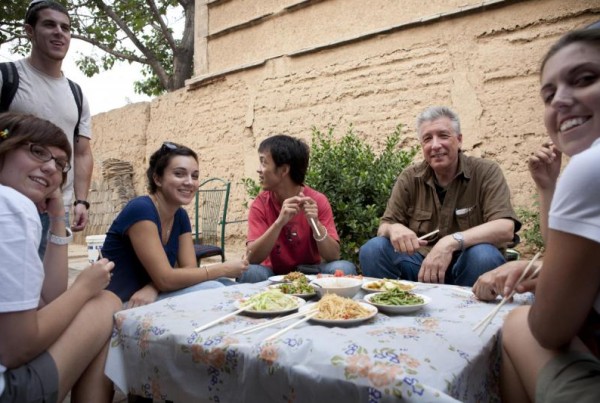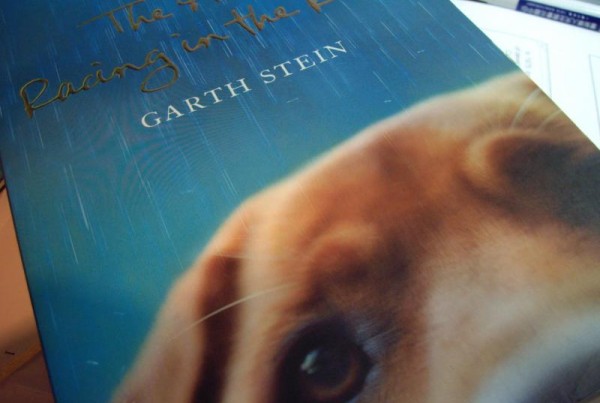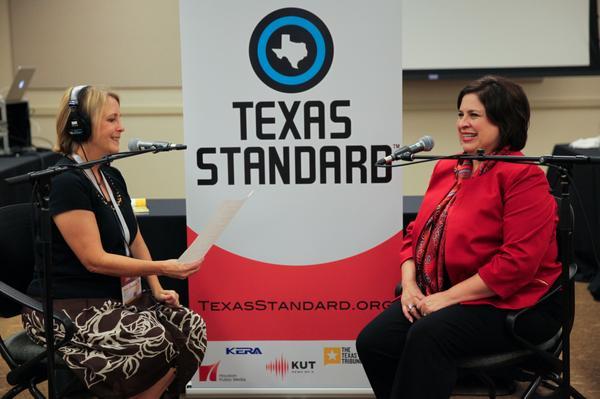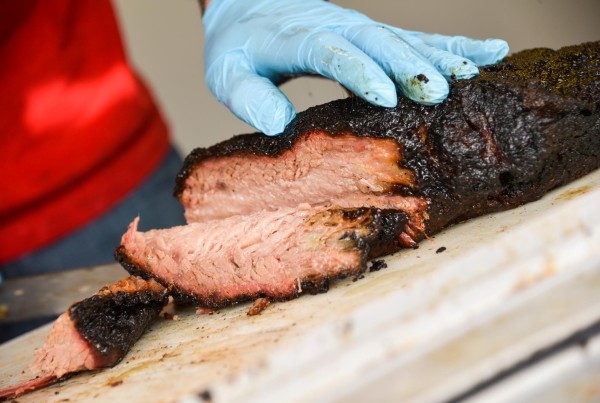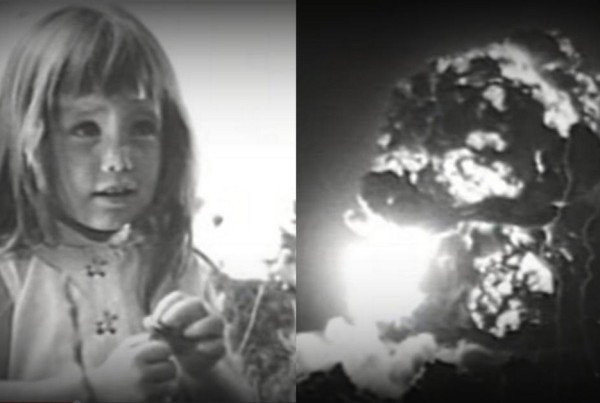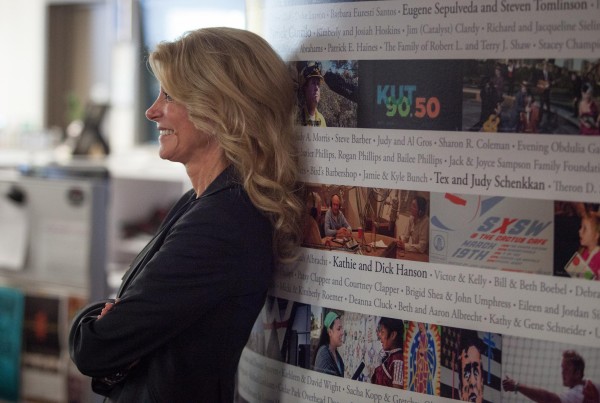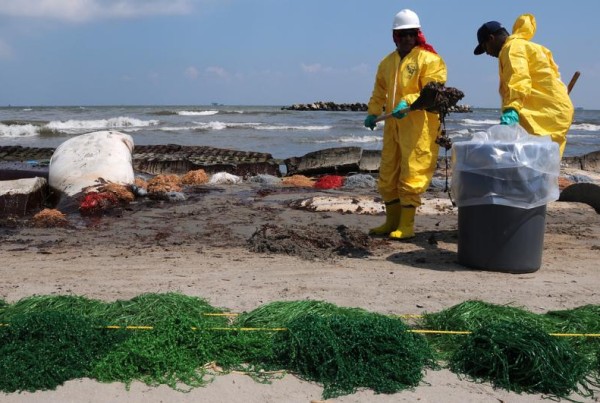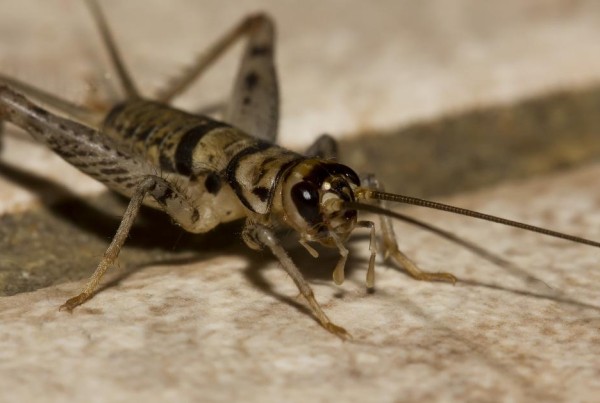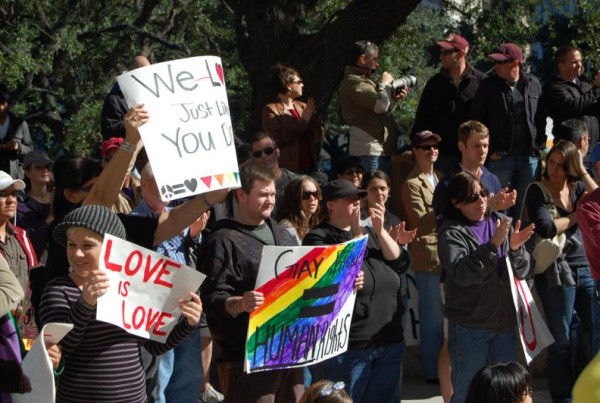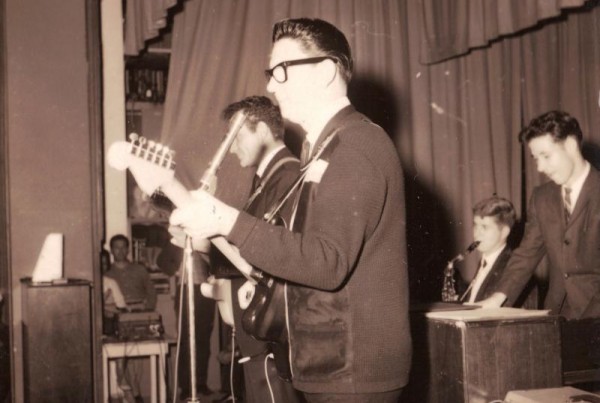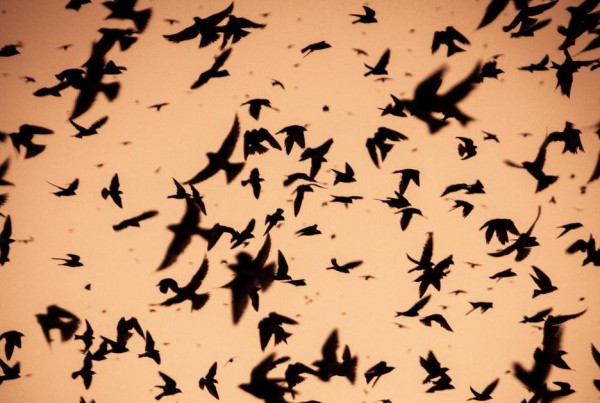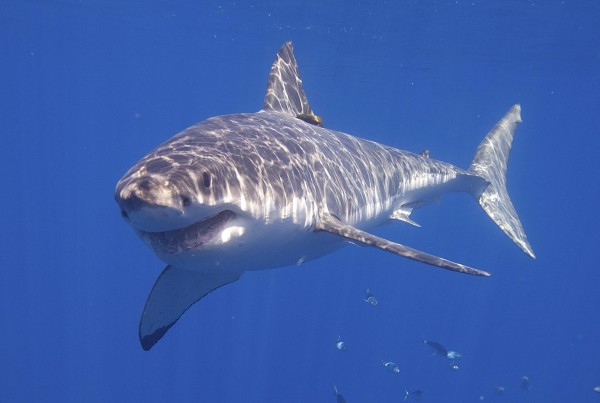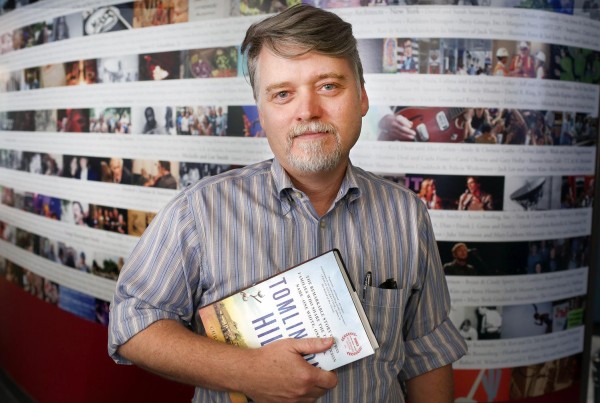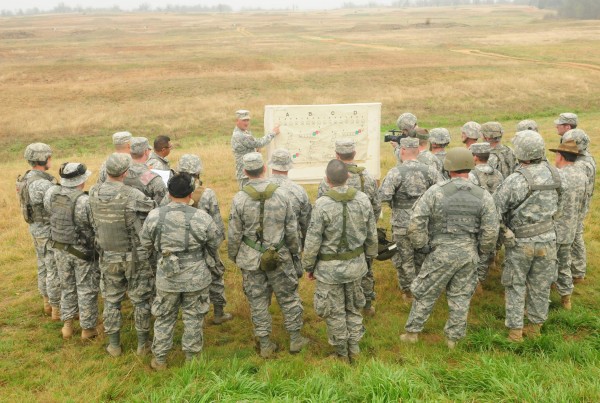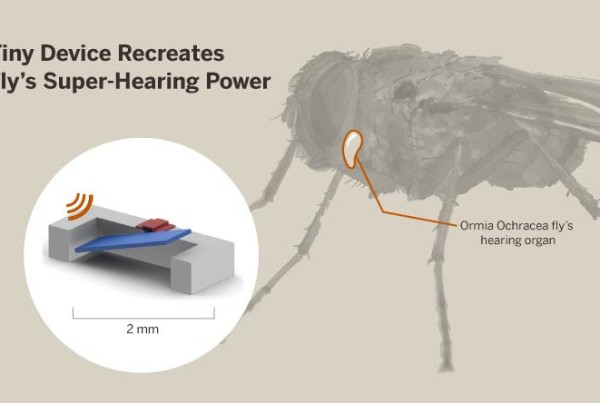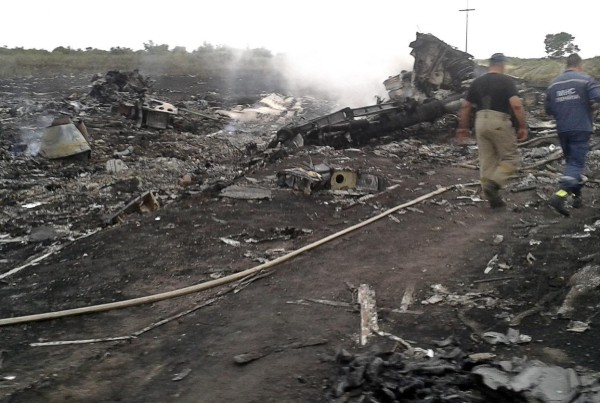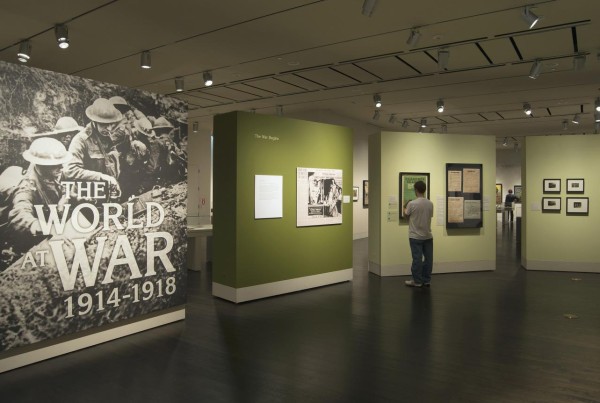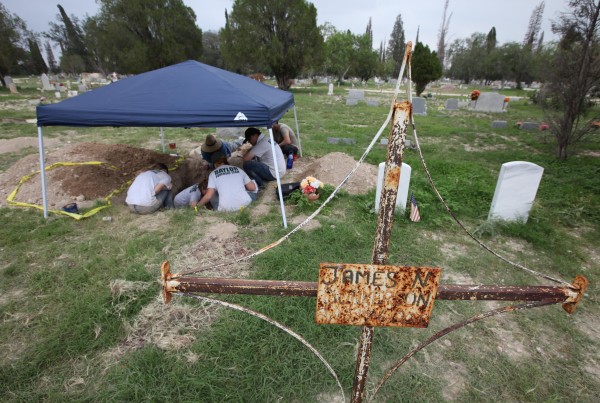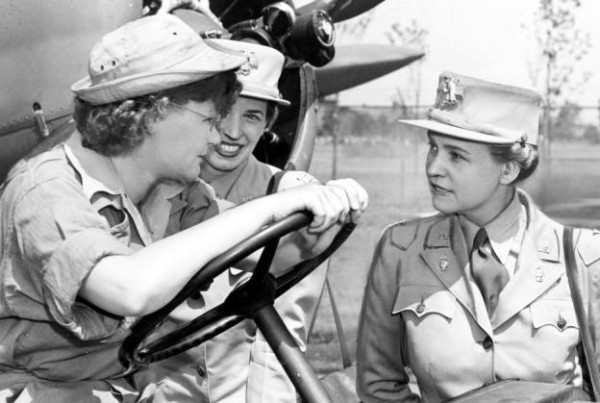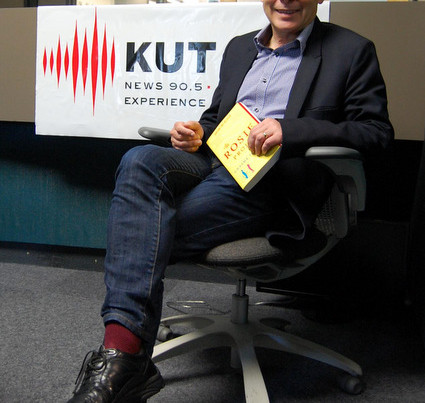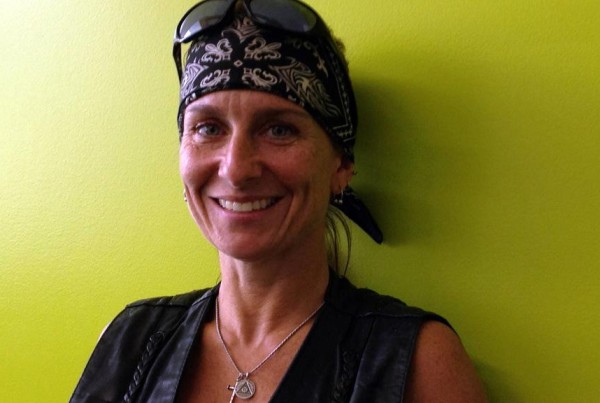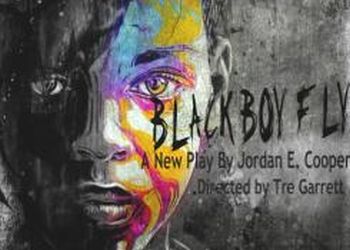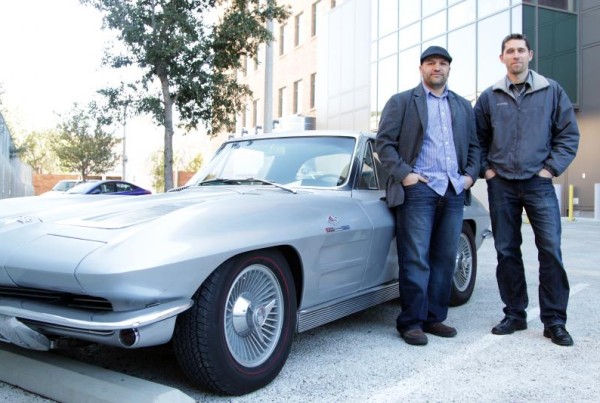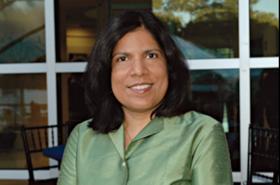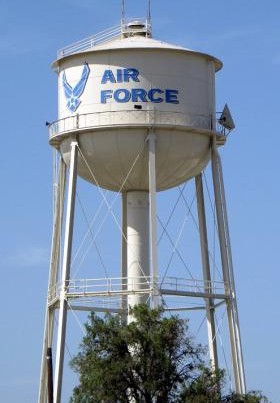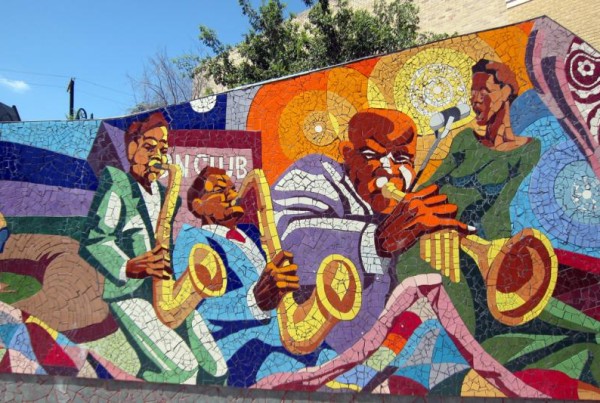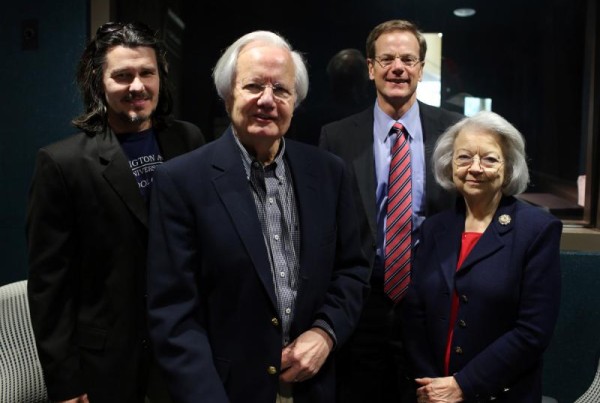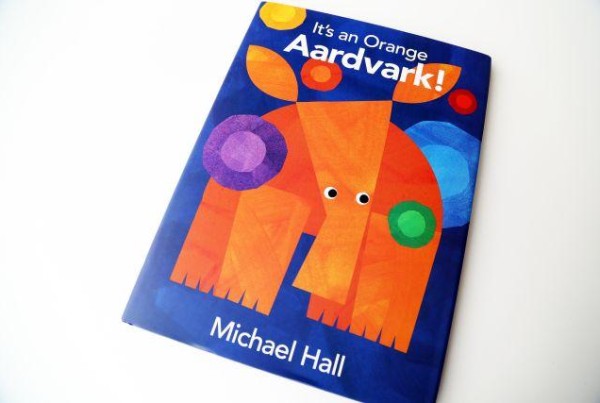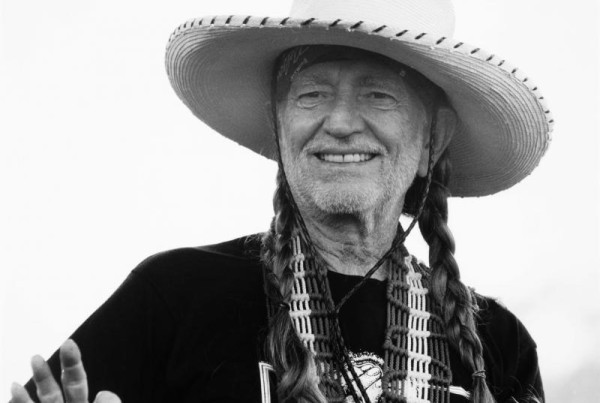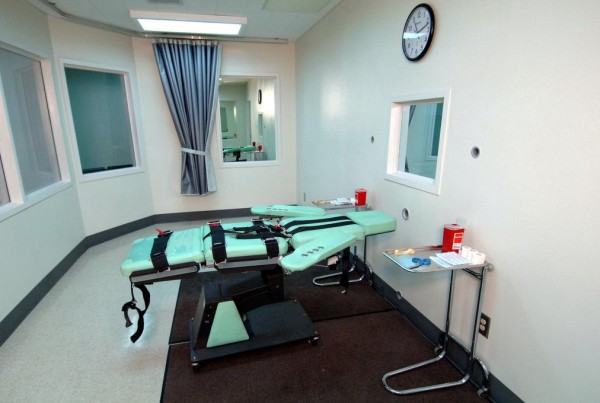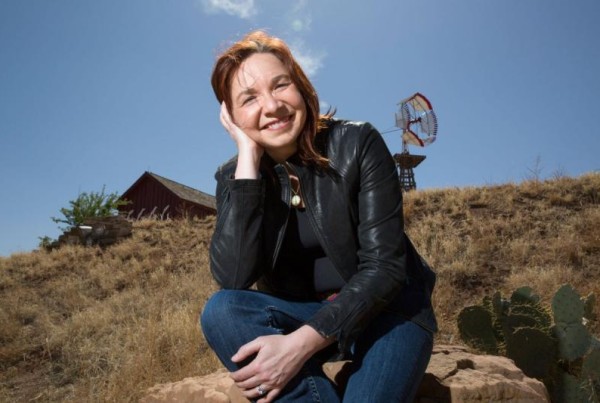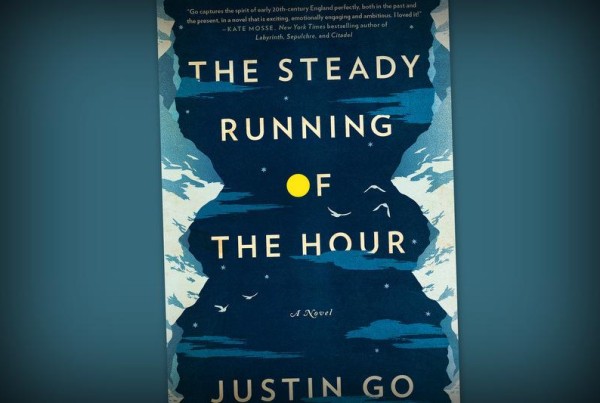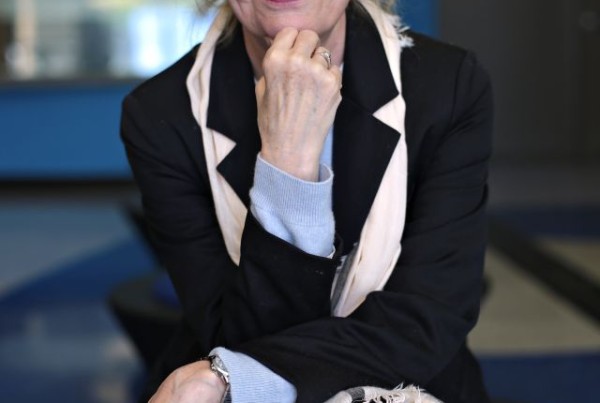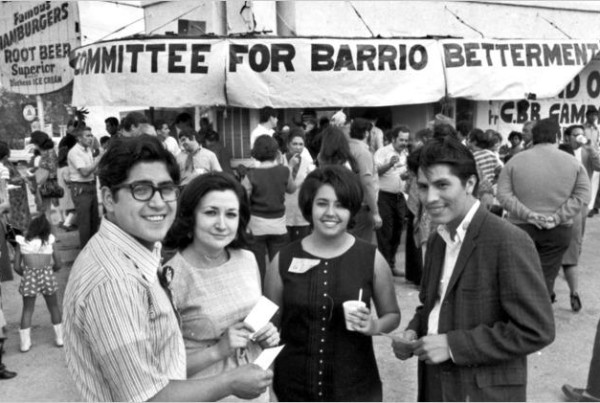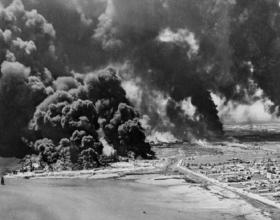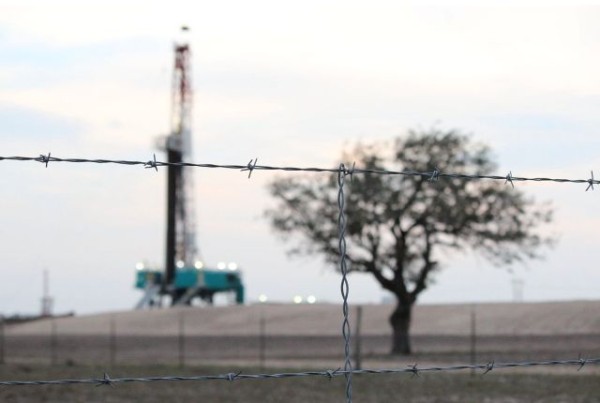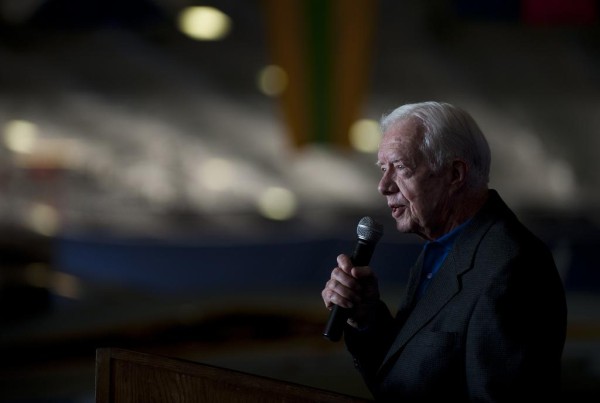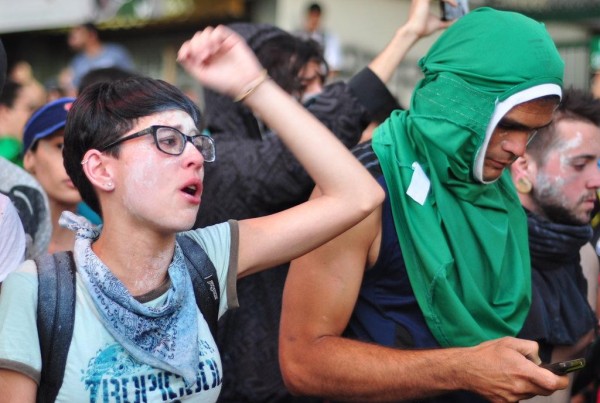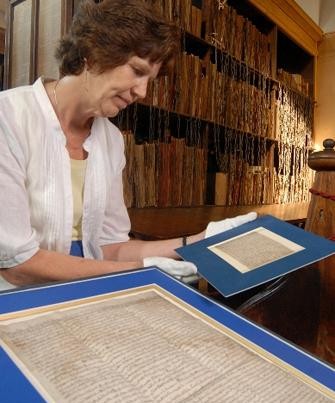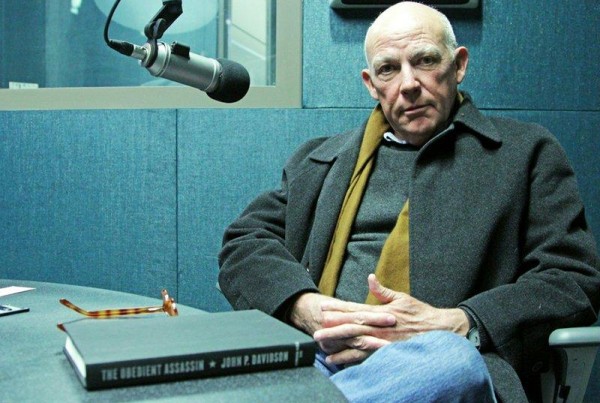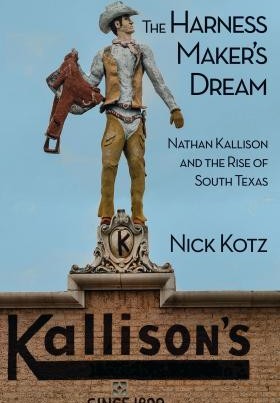Austin novelist Sarah Bird has been writing for a while. Long enough to becomebeloved in Austin and build a loyal following for her fun, easy stories with an Austin flair. But this month, Sarah Bird’s about to ruin her reputation. Her new novel, Above the East China Sea looks at life from a completely different perspective.
“I consciously started off to write this book based on trying to understand some of the experiences I had. I’m 64 now, I’m at an age where the great mystery is no longer what is going to happen next, but what has gone before,” Bird says in an interview with Texas Standard’s Emily Donahue. “What did it mean, who did I come from and then, you know, the next part of the mystery for me is what happens after you die … but mostly trying to figure out these experiences that I’d had and what they meant and why they’d been in my life, and possibly why they’d come to me in the way they had.”
Bird spent several years in Okinawa during her childhood. It wasn’t until she left that she learned about the people, culture and history of the island.
“I was as oblivious as any late teen could be,” Bird says. “And also there wasn’t a great emphasis on local culture in the military bases … We got out more than the average military family because my mother was very, very adventurous and she loved to go exploring. So we went out and we saw much more than many of our neighbors did. Yet, I was also astonishingly ignorant about this gorgeous culture and the fact of how different it was from Japan and the tremendous losses that they had suffered [during World War II].”
Okinawa was the site of one of the worst battles of World War II. More people died in the Battle of Okinawa than at Nagasaki and Hiroshima combined. Not only did soldiers from Japan and the U.S. die, but also many thousands of civilians who lived on the island.
“You know, I’d stroll around these magnificent golf courses, these endless tundras of green and parade grounds and runways. Then right across the barbed-wire fence I could see this claustrophobically crowded island. And I sort of wondered, ‘why do they live like that?’… Not understanding until many, many years later that we had taken their prime land you know, one-fifth of their island occupied by our military and they had nowhere to go. There was very, very little land and we had taken a good chunk of it,” Bird says.
“Above the East China Sea” is the entwined tale of two teenaged girls, one American, one Okinawan. Both are struggling with great loss. The Okinawan, Tamiko, has beenpressed into service as a nurse by the Japanese military during the 1945 battle of Okinawa. The American, Luz, finds herself on the island in the present. She considers it just another of her mother’s many military postings until her world is torn apart by a tragic loss. Both girls’ stories deal with family and how one fits into a family.
“And the big discovery for Luz is kind of the most … un-cool thought a military kid can have,” Bird says. “And that is that connections matter. Roots matter, family matters. The military is very, very future-oriented, forward-oriented and it’s all about the mission. So the least cool thing you can be is homesick, or moping around because you’ve had to leave all your friends behind or wishing you were back in America or making much of where you came from – your roots, your family, who your people are. And that is the essence of Okinawan society. Very, very rooted society; rooted in the limestone of the Okinawan island, rooted generations back. They all have scrolls on their family altars celebrating and remembering ten generations back.”
Sarah Bird will celebrate the launch of “Above the East China Sea” at BookPeople tonight at 7 pm.


